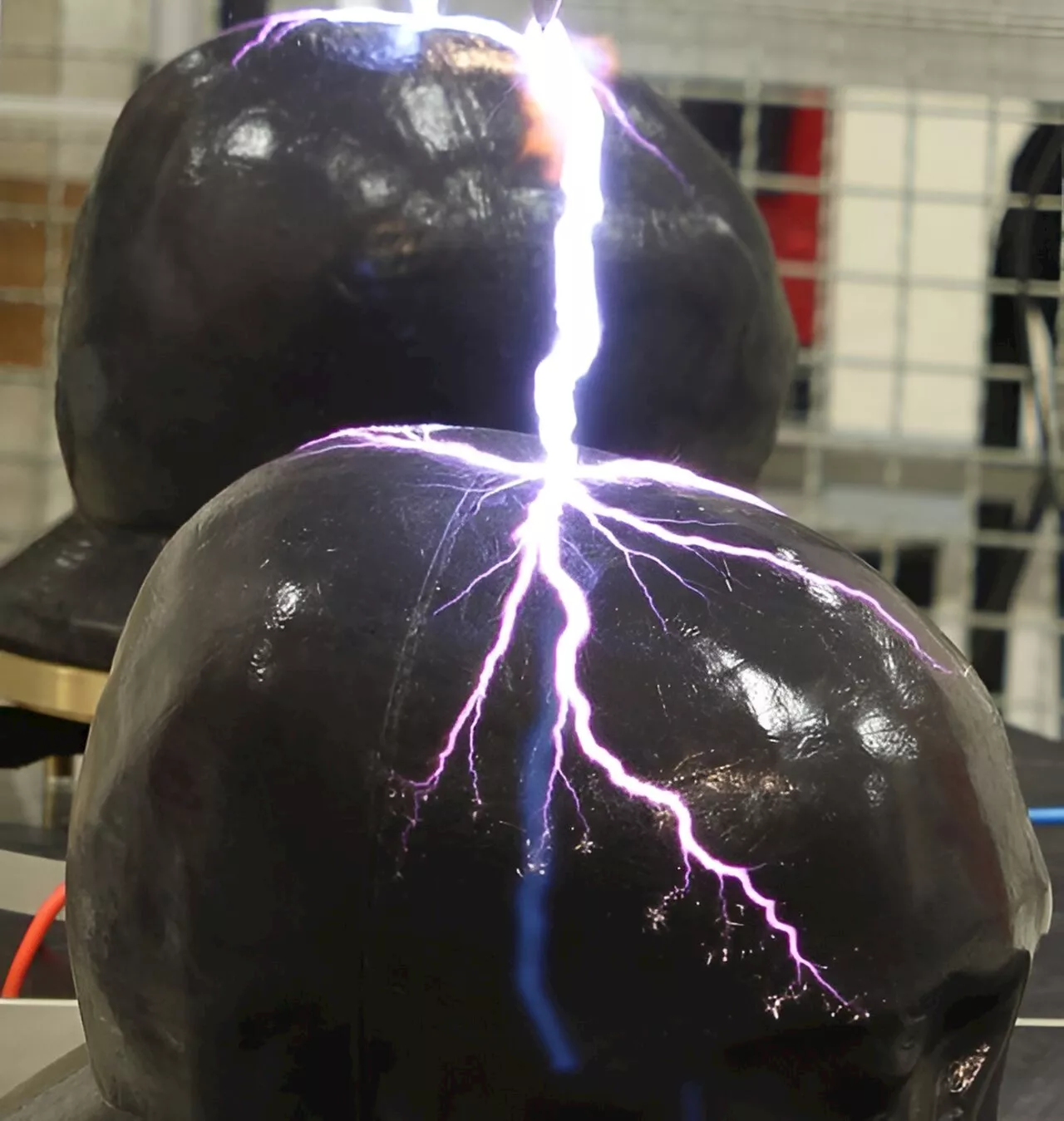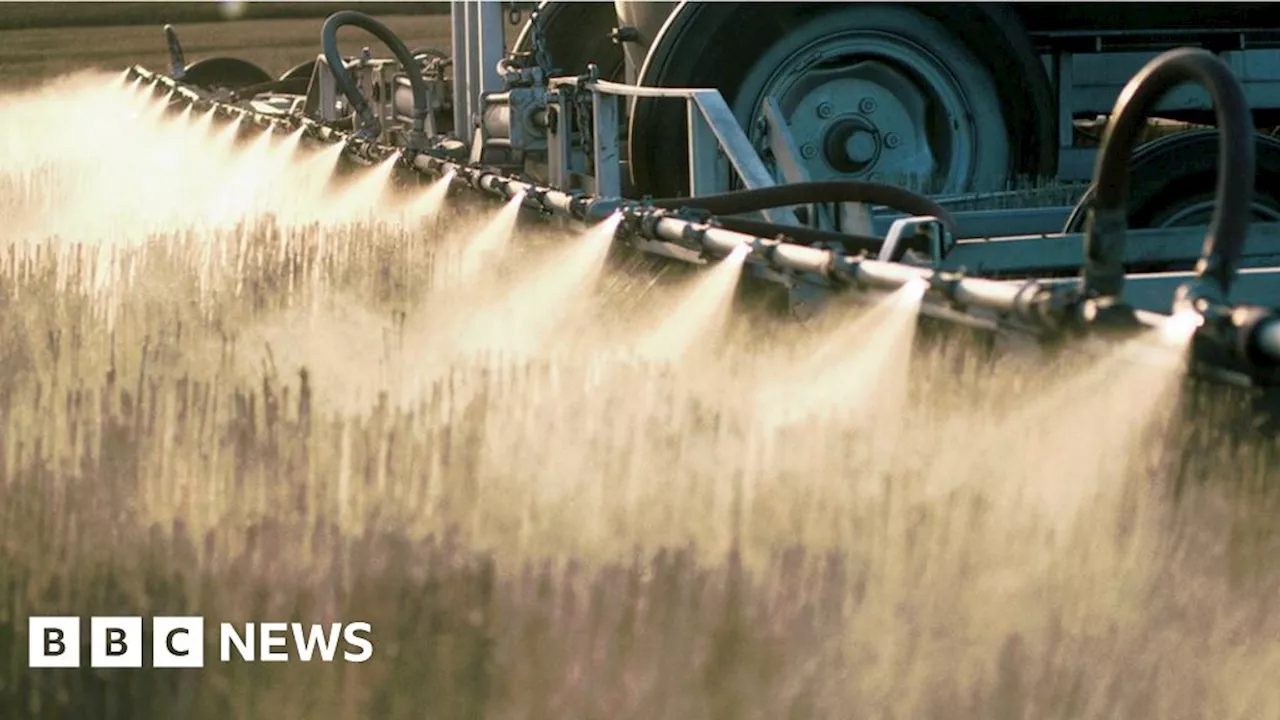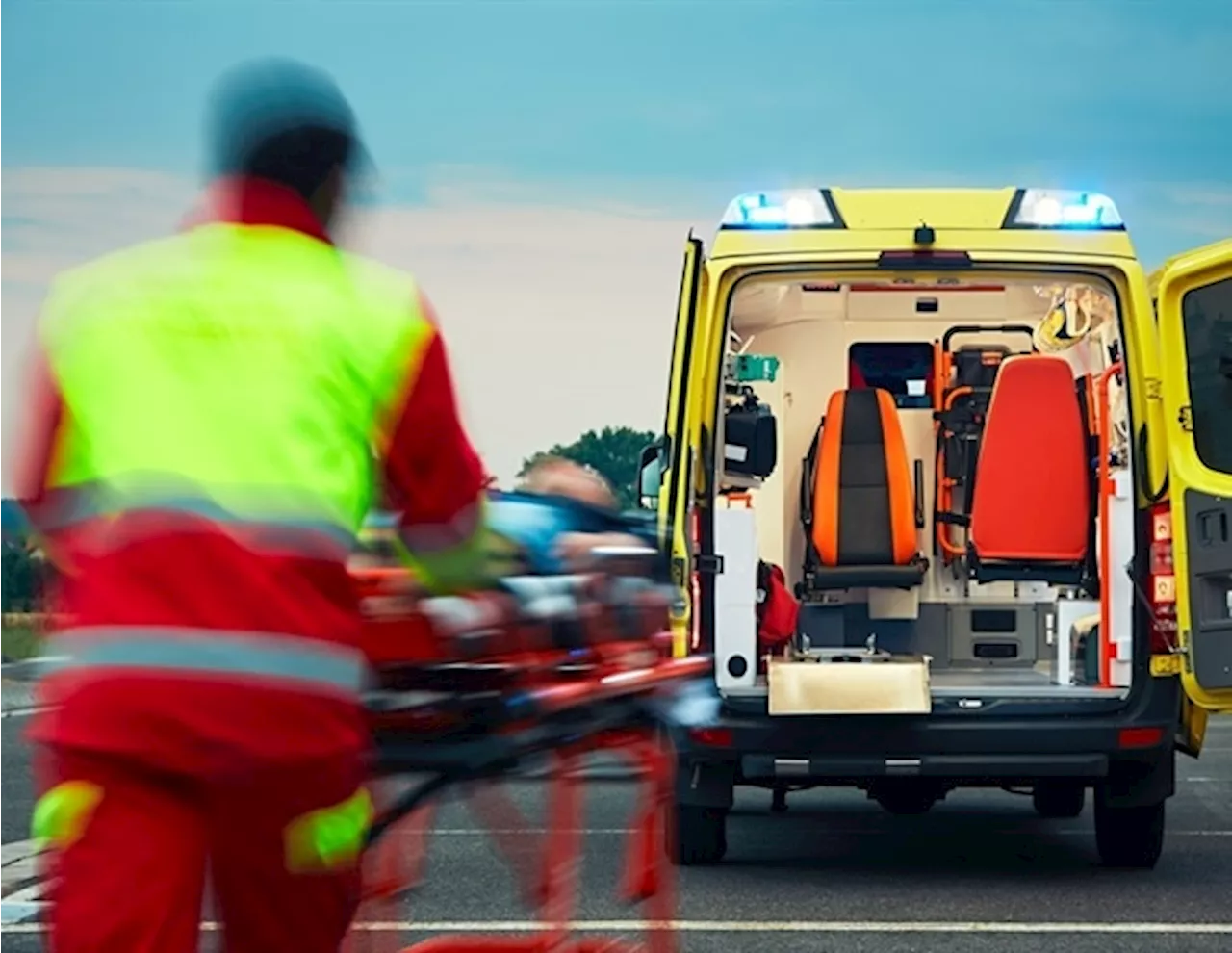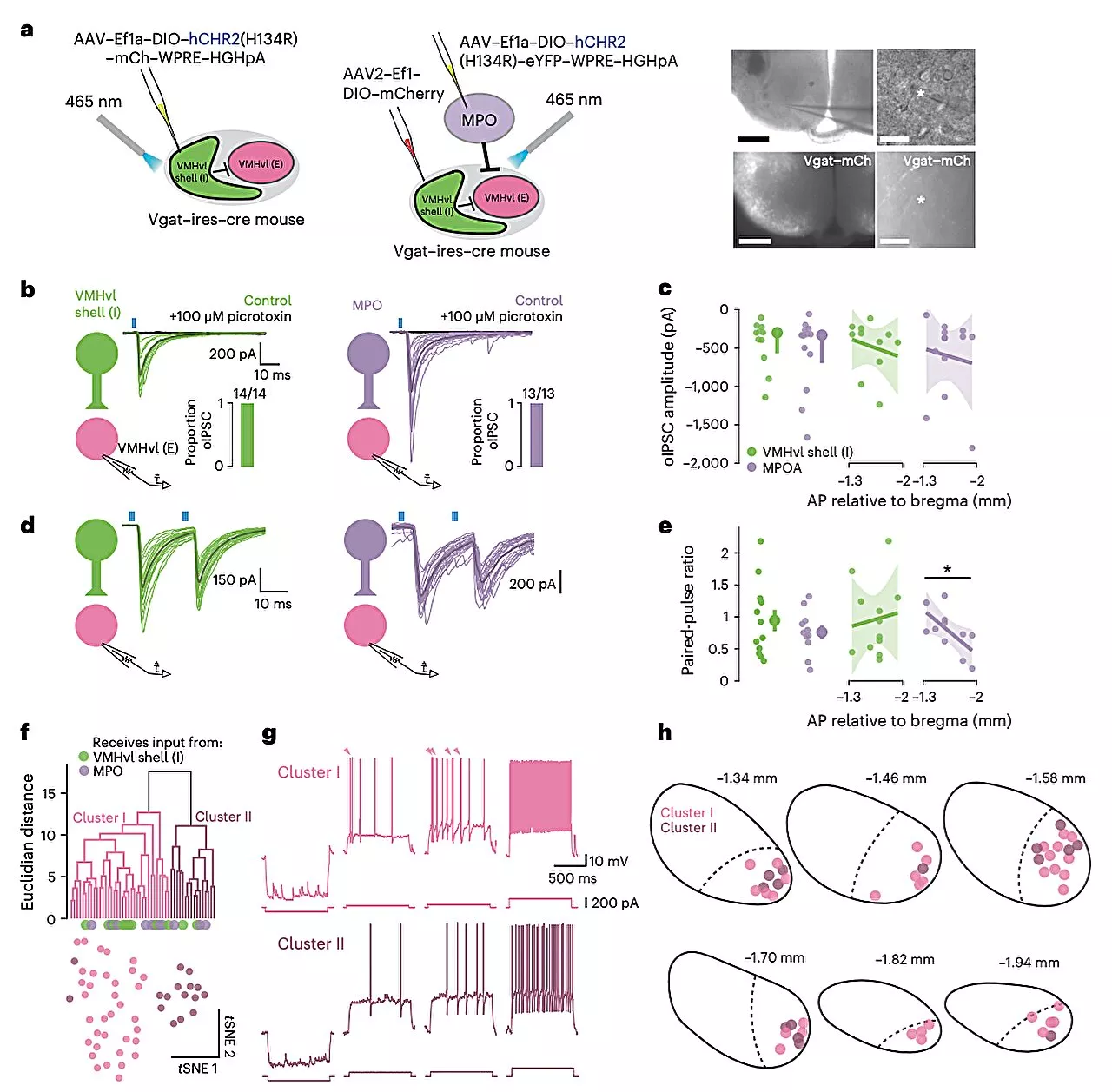The social behaviors of humans and animals often unfold over two distinct phases, namely a motivational and an action phase. The first of these phases entails instinctual and reward-seeking mental states, characterized by sexual or aggressive drives to perform specific actions. The second phase entails acting on these motivations and drives.
Study offers insights into neural mechanisms involved in progression from aggressive motivation to action retrieved 11 March 2024 from https://medicalxpress.com/news/2024-03-insights-neural-mechanisms-involved-aggressive.html
This document is subject to copyright. Apart from any fair dealing for the purpose of private study or research, no part may be reproduced without the written permission. The content is provided for information purposes only.Dec 24, 2020Use this form if you have come across a typo, inaccuracy or would like to send an edit request for the content on this page. For general inquiries, please use ourThank you for taking time to provide your feedback to the editors.
Your feedback is important to us. However, we do not guarantee individual replies due to the high volume of messages.to let the recipient know who sent the email. Neither your address nor the recipient's address will be used for any other purpose. The information you enter will appear in your e-mail message and is not retained by Medical Xpress in any form.Get weekly and/or daily updates delivered to your inbox.
Australia Latest News, Australia Headlines
Similar News:You can also read news stories similar to this one that we have collected from other news sources.
 Nutrition labels lead to healthier eating in teens, study findsStudy finds that middle and high school students in Texas who use nutrition labels tend to have healthier eating habits, highlighting the importance of nutrition literacy in promoting better dietary choices among adolescents.
Nutrition labels lead to healthier eating in teens, study findsStudy finds that middle and high school students in Texas who use nutrition labels tend to have healthier eating habits, highlighting the importance of nutrition literacy in promoting better dietary choices among adolescents.
Read more »
 Study finds adolescents with concussion may benefit from more activity earlierResearchers at Nationwide Children's Hospital have found that when it comes to concussion recovery, activity type matters. In a study published in British Journal of Sports Medicine, researchers found that limiting screen time and returning to school early following a concussion may speed up recovery.
Study finds adolescents with concussion may benefit from more activity earlierResearchers at Nationwide Children's Hospital have found that when it comes to concussion recovery, activity type matters. In a study published in British Journal of Sports Medicine, researchers found that limiting screen time and returning to school early following a concussion may speed up recovery.
Read more »
 Rainwater significantly reduces damage from lightning strikes to the head: StudyResearch at the Technical University of Ilmenau has shown that rainwater on the scalp can reduce damage caused by direct lightning strikes to the head. When the scalp is wet, fewer impacts are recorded compared to dry scalp, and the wetness also reduces the electrical current to which the brain is exposed.
Rainwater significantly reduces damage from lightning strikes to the head: StudyResearch at the Technical University of Ilmenau has shown that rainwater on the scalp can reduce damage caused by direct lightning strikes to the head. When the scalp is wet, fewer impacts are recorded compared to dry scalp, and the wetness also reduces the electrical current to which the brain is exposed.
Read more »
 Daily aspirin linked to higher mortality in older adults, study findsA study from the ASPREE clinical trial found that daily aspirin intake in adults over 70 did not increase disability-free survival and was associated with higher all-cause mortality, primarily due to cancer-related deaths.
Daily aspirin linked to higher mortality in older adults, study findsA study from the ASPREE clinical trial found that daily aspirin intake in adults over 70 did not increase disability-free survival and was associated with higher all-cause mortality, primarily due to cancer-related deaths.
Read more »
 Chemical manufacturer ignored key health records in Parkinson's pesticide studySyngenta, a chemical manufacturer facing legal action over alleged links between its pesticide and Parkinson's Disease, admitted to only looking at death certificates instead of medical records in its studies. Experts say the condition was underreported on death certificates at the time. Parkinson's UK is calling for more research into the link between pesticides and Parkinson's.
Chemical manufacturer ignored key health records in Parkinson's pesticide studySyngenta, a chemical manufacturer facing legal action over alleged links between its pesticide and Parkinson's Disease, admitted to only looking at death certificates instead of medical records in its studies. Experts say the condition was underreported on death certificates at the time. Parkinson's UK is calling for more research into the link between pesticides and Parkinson's.
Read more »
 New study reveals inconsistent care in EMS systems across the United StatesEmergency medical service (EMS) systems are not consistently providing optimal care based on new national standards of quality to patients who call 911, according to a new study from the Icahn School of Medicine of Mount Sinai.
New study reveals inconsistent care in EMS systems across the United StatesEmergency medical service (EMS) systems are not consistently providing optimal care based on new national standards of quality to patients who call 911, according to a new study from the Icahn School of Medicine of Mount Sinai.
Read more »
